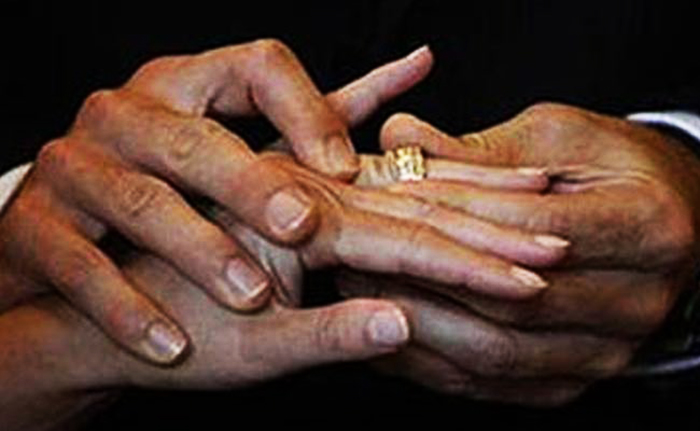With the use of a telephone survey, the study asked 468 married individuals questions about their financial well-being, demand/withdraw communication and expressions of spousal gratitude.
The results indicated that spousal expression of gratitude was the most consistent significant predictor of marital quality.
"It goes to show the power of `thank you,`" said the study`s lead author Allen Barton, a former doctoral student in the College of Family and Consumer Sciences and current postdoctoral research associate at UGA`s Center for Family Research.
"Even if a couple is experiencing distress and difficulty in other areas, gratitude in the relationship can help promote positive marital outcomes," Mr Barton said.
The study also found that higher levels of spousal gratitude expressions protected men`s and women`s divorce proneness as well as women`s marital commitment from the negative effects of poor communication during conflict.
"Importantly, we found that when couples are engaging in a negative conflict pattern like demand/withdrawal, expressions of gratitude and appreciation can counteract or buffer the negative effects of this type of interaction on marital stability," Mr Futris said.
Results from the study also replicated previous findings by documenting demand/withdraw communication to be a pathway through which financial distress negatively influences marriage.
"Demand/withdraw communication occurs when one partner tends to demand, nag or criticise, while the other responds by withdrawing or avoiding the confrontation," Mr Barton said.
"Although wife demand/husband withdraw interactions appear more commonly in couples, in the current study we found financial distress was associated with lower marital outcomes through its effects on increasing the total amount of both partners` demand/withdraw interactions," Mr Barton added.
Gratitude, however, can interrupt this cycle and help couples overcome negative communication patterns in their relationship, patterns that may be a result of current stressors they are experiencing, researchers said.
More about:
















































